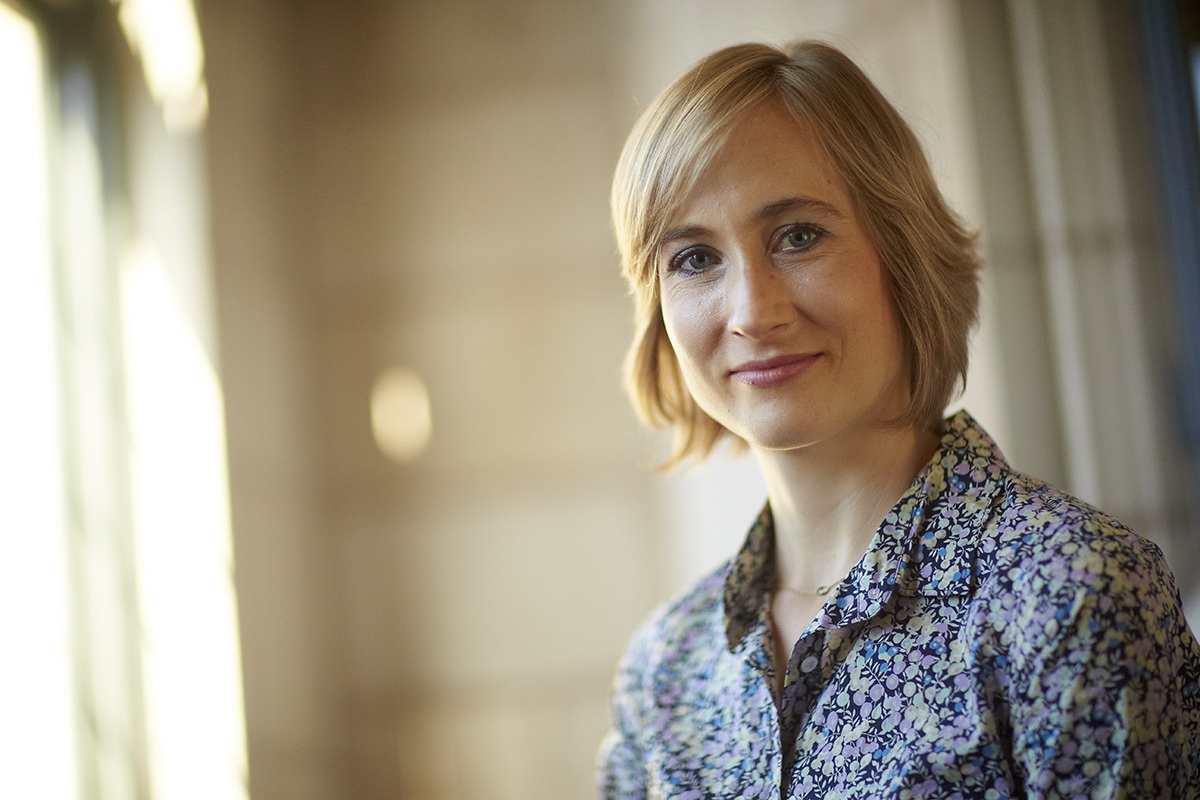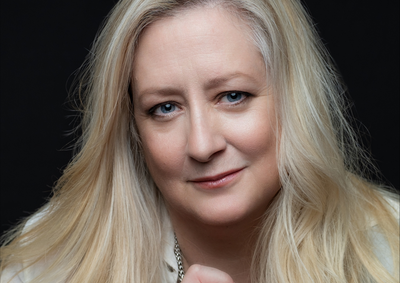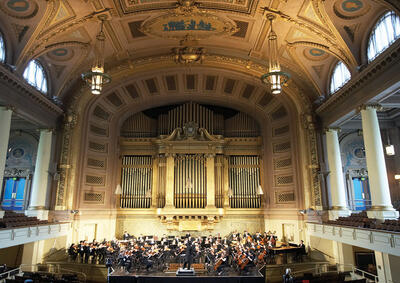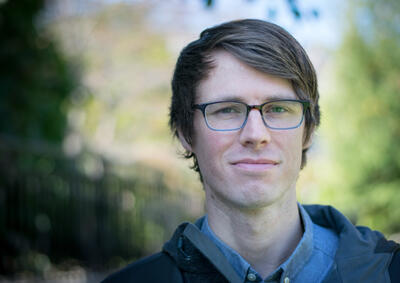Folk Music From Imaginary Culture Floods Woolsey Hall
The New Haven Symphony Orchestra kicked off their 2015–2016 season with a bold statement, indicating their commitment to replenishing not only the repertoire of orchestral music, but also the audience for it.
Last Thursday night saw Woolsey Hall filled with families as part of the “School Night at the Symphony” program the orchestra is running this season, and the initiative is admirable, allowing audiences to attend who would not ordinarily be able to. Thursday’s program featured three works by composers known for their connections to folk music. Three — Antonin Dvorak, Jean Sibelius, and Edvard Grieg — are comfortably part of the established canon. The fourth work was a piece commissioned from composer Hannah Lash, who is creating a folk music to match an otherworldly document nearly five centuries old: the baffling and highly intriguing Voynich Manuscript, housed in Yale’s Beinecke Rare Book and Manuscript Library.
The work — “Herbal,” the first movement of a long-form symphonic work currently titled The Lash/Voynich Project —was full of percussive energy, anchored by a trio of cimbalom (a hammered dulcimer of Hungarian origin), vibraphone, and harp. Lash took advantage of both the sharp attacks and watery sustains of these instruments. Conductor William Boughton introduced the piece as a dance, and it wasn’t difficult to follow the pulse within the dense texture kicking the movement off. But as the movement continued, the pulse was met with increasing resistance from the strings, and earlier bird-like flourishes from the winds gave way to more disruptive interjections, particularly some closely-harmonized lines in the trumpets that could’ve been equally at home in Serbian or Mexican brass music. The end of the movement, with prominent soli passages from the cimbalom, first violin, trumpet, and bassoon, saw the piece scaling back some of its earlier density, but retaining its focus, like those last dancers on the floor at the end of the night, unwilling to break the spell.






